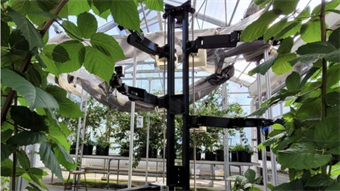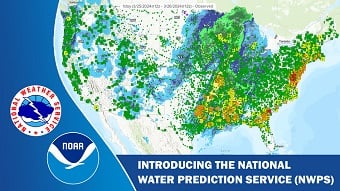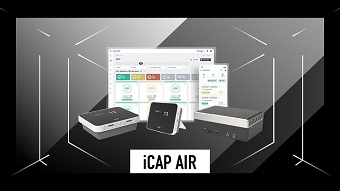Report: How engineers can resolve water security issues
S. Himmelstein | July 14, 2023Climate change, infrastructure issues and other stressors continue to complicate the attainment of water security and quality goals in the U.S. Ongoing efforts to address water security have been hampered by complex water policy issues and the patchwork of stakeholders and system funding mechanisms. A role for engineers in resolving water resource sustainability and security challenges is outlined in a new report based on a recent visioning workshop convened by the Engineering Research Visioning Alliance (ERVA).
“Water is the essence of life, but our infrastructure around it is often disjointed and in disrepair,” said Stacy Lewis Hutchinson, associate dean for research and graduate programs at Kansas State University and chair of the thematic task force that developed the ERVA report. “The severe stress we’re seeing on water resources by warmer temperatures and overuse call for an ‘all-in’ effort by society to develop solutions to ensure future water security. Engineers, as designers and builders of the future, must take the lead and catalyze new research to enable water security.”

The engineering sector is poised to oversee the critical research required to secure safe and sufficient water supplies for the long term. Five focus areas for such research are identified:
- Increase affordability, reliability and scalability of future components of water systems for unit operations, including membranes, sorbents and sensors to aid in water harvesting, contaminant detection and treatment.
- Create affordable, reliable and scalable technologies to visualize, maintain and track physical components and water infrastructure processes.
- Build new, resilient and adaptable infrastructure with the flexibility to opportunistically integrate legacy systems. Infrastructure solutions that may be implemented from the local scale through the basin/national scale should be explored.
- Improve data gathering and analysis and leverage predictive modeling and data-informed operations for daily systems to long-term management, maintenance and integration of water systems (drinking water, wastewater, stormwater, natural water resources). Data-driven systems should be applied to monitor other water-dependent societal needs, such as energy and food, and leverage the data to enable hazard-resilient infrastructure.
- Develop, test and implement a water management framework that considers the nexus between engineered, natural and human systems.
An expert panel will discuss the report’s findings during a public webinar scheduled to be held by ERVA on August 15 at noon EDT.




